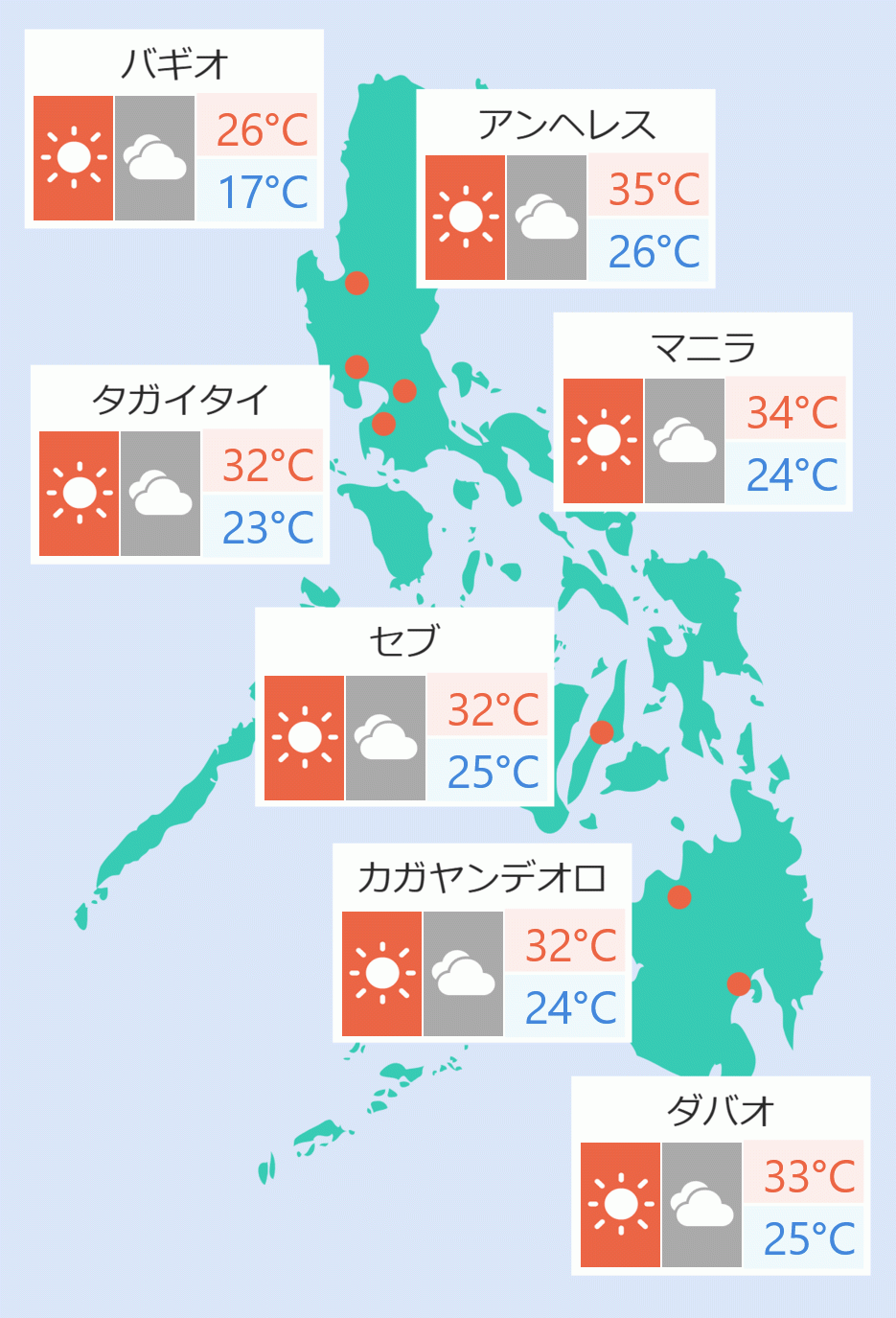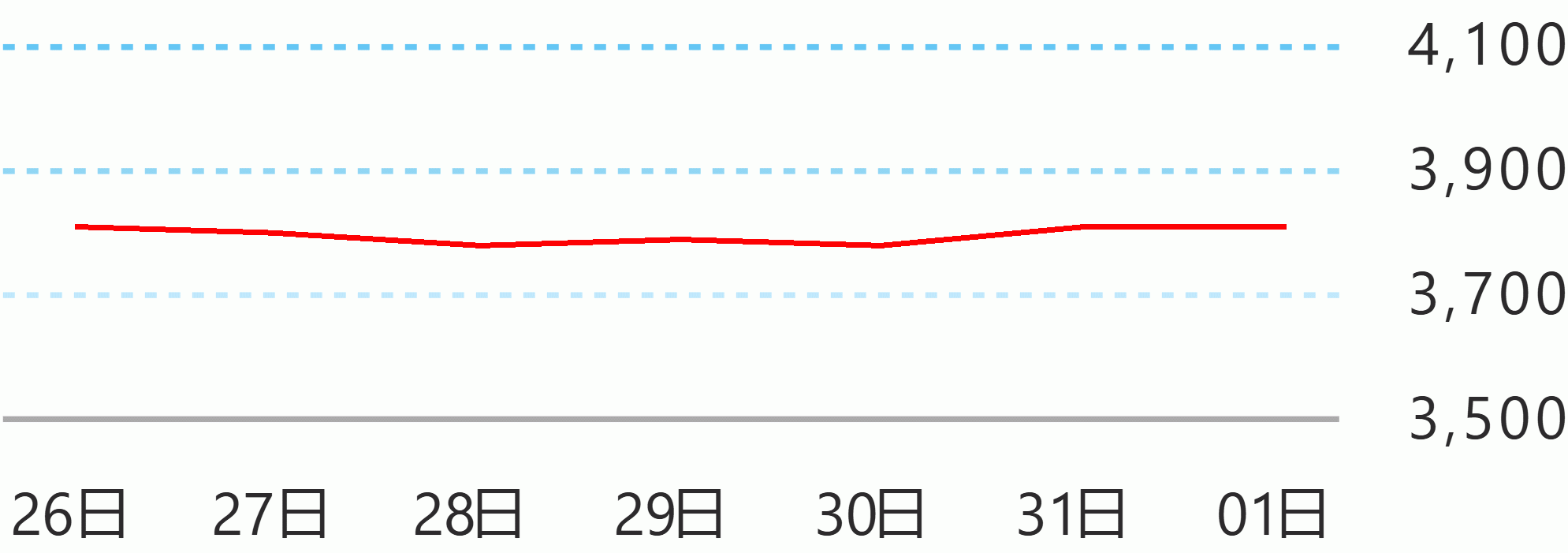National security leaders, diplomatic leaders, and marine science experts came together in a forum organized by the Stratbase ADR Institute to discuss the current state of biodiversity and marine environment in the West Philippine Sea following reports of massive damage to the corals in the Rozul Reef and Escoda Shoal.
University of the Philippines Institute for Maritime Affairs and Law of the Sea director Jay Batongbacal said satellite imagery shows that between 2012 to 2016, more than 500 hectares of the Scarborough Shoal had been destroyed by Chinese activities in the West Philippine Sea.
“Massive coral destruction in the West Philippine Sea has been on-going for quite some time. The thing is, due to the arbitration having come out under a ‘friendly’ administration in 2016, China has never really been called to account for the destruction it caused with this massive island building spree and then all subsequent destructive fishing activities that it allowed to continue thereafter,” Batongbacal explained.
“Another reason for coral destruction is the maritime militia anchoring on pristine reefs. You do not anchor on coral reefs in massive numbers without causing some kind of destruction. The mere presence of your vessel can already destroy these sensitive reefs. The pollution that they produce while they're there for months on end will also affect the water quality, and corals are very sensitive to water quality,” he added.
Batongbacal said there is a need to quantify and valuate the total amount of losses due to these coral destruction.
“We need to show that. We need to bring that up and show as well that the destruction continues. The clam digging activities were even documented as late as 2021. And we know that they have been reported as occurring still even though they might have been reduced in volume simply because there’s no more coral to destroy,” he said.
University Technology of Sydney Associate Professor Michael Fabinyi, who is leading a project on coral reef restoration and coral reef governance in the Philippines, said there is very significant opportunity for data collection and a lot more to be known about the condition of coral reefs in the West Philippine Sea.
“The wider South China Sea region is extremely significant, not only for coral reefs but also in terms of many of the significant fisheries that operate through there and that could be potentially more productive and better managed as well. Given that so little is known, including on the extent of the damage to coral reef. I do think that there is an opportunity for more collaborative scientific research further down the track,” Fabinyi said.
Australia is conducting joint coral reef restoration and monitoring projects with the Philippines in Pangasinan, Zambales, and Palawan.
Acting Australian Ambassador Moya Collett said Australia is willing to help the Philippines assess the coral destruction in the West Philippine Sea.
“There’s no specific plans for that at the moment but I think there’s potential to do it through our existing marine cooperation programs… I think the capability [to assess the environmental damage] exists. I think there’s potential to look at collaboration,” Collett said.
Collett also expressed openness to expanding the coral restoration project to Rozul Reef, Escoda Shoal, and other areas in the West Philippine Sea.
“There’s potential for it. We’re doing a lot of things but two things in particular – coral reef restoration and also monitoring of the marine environment as a whole, including coral reefs. We recently handed over equipment to the Philippines to help them with some of the monitoring. I think there’s potential to do that more broadly,” Collett said.
Bower Group Asia Managing Director in Australia Michael McNeil emphasized the importance of the Philippine-Australia strategic partnership.
“Collective action is essential not only in a security but also in environmental assessments, things like damage to the reef… and to uphold the rules-based international order, which the Philippines and other countries depend on,” McNeil explained.
“Australia and the Philippines are maritime nations. Critical to both our economic futures are maritime safety and security, freedom of navigation and overflight, and other lawful use of the seas. It is therefore understandable and defensible that Australia and the Philippines are planning bilateral joint patrols in the South China Sea as affirmed in the strategic partnership,” he added.
Stratbase President Dindo Manhit said initiatives on marine protection in the West Philippine Sea calls on the leadership and expertise of scientists and environmentalists to formulate and execute strategies that will sustain biodiversity and develop Philippine marine resources.
“The environmental degradation of the West Philippine Sea due to unlawful land reclamation activities, construction of artificial islands, and intrusions in our exclusive economic zones cannot continue. The 2016 Arbitral Ruling has ruled against the illegal acts of China that caused environmental damage to the marine biodiversity in the West Philippine Sea. On top of the so-called 10-dash line map, the recently reported coral harvesting is a manifestation of its expansive and disruptive agenda within Philippine waters,” he said.
“This bullish act goes against the rule of law, and the damage this has caused is extensive.
With this, it is high time to solidify a whole-of-society approach in the West Philippine Sea based on a strong maritime framework that coordinates the initiatives of various sectors. The support for Filipino scientists and their marine science research in the area should be deepened,” Manhit added. Stratbase ADR Institute





 English
English










